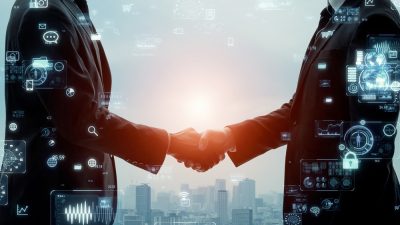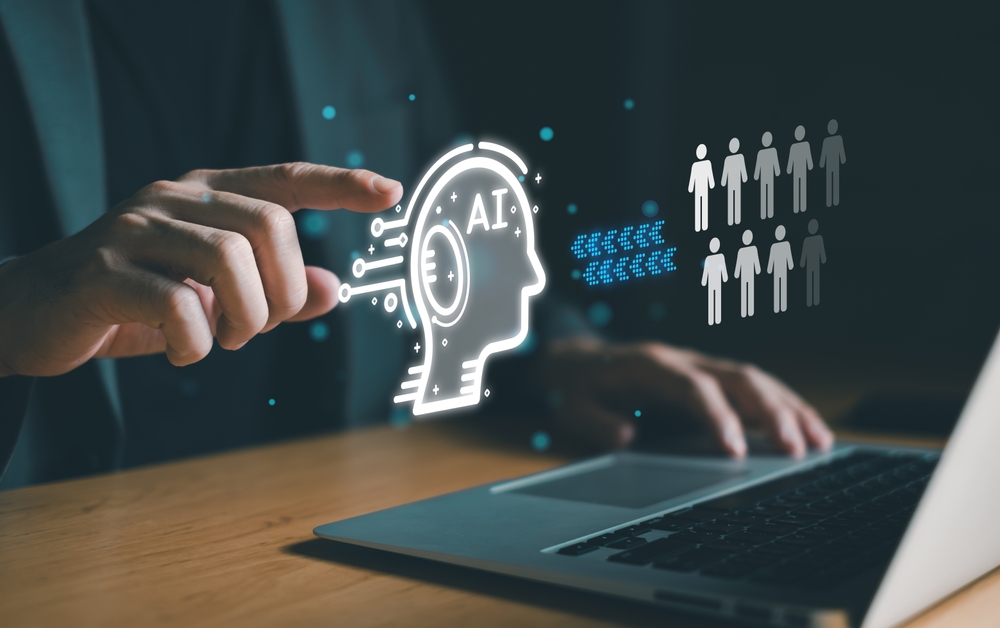Highlights:
- Agents can converse, search for previously relevant information on topics, and interact with users in their workplace, such as other staff members, by utilizing Slack Actions.
- Salesforce created the testing center and AI playground in order to allow all agents to be tested and evaluated prior to deployment.
Salesforce Inc. to introduce Agentforce 2.0, an enhanced version of its flagship AI model for the businesses with considerably elevated features just two months after its recent original release.
With the help of Agentforce, businesses may create and modify generative AI agents that enhance workers’ task on their own without requiring human oversight. Using business logic and pre-built automations, the platform allows sales, support, marketing, and commerce staff to personalize AI “workers” to act on their behalf.
When Agentforce first launched, Salesforce Founder and CEO Marc Benioff referred to this as the “agent revolution.” According to him, enterprise personnel’ digital labor would be redefined by this technology.
When the platform first launched, it offered a limited number of skills, or unconventional capabilities for agents. Every skill gives an agent a template that enables them to perform a certain task, like managing marketing campaigns for a campaign agent or answering consumer inquiries for a customer service agent.
Agents will be able to combine different skill templates in Agentforce 2.0. A service agent, for instance, can manage both marketing and service calls, so following a service call, it could create a marketing profile for a client. It would then be able to generate marketing analytics for marketing staff members.
“We’ve got thousands of partners building their skills,” Adam Evans, Salesforce’s Executive Vice President of Salesforce AI, reported. “There’s a really wide gamut of the jobs that they can do when you start mixing these different skills.”
According to Evans, Salesforce has significantly increased the collection of prebuilt abilities that agents can use to enable this new remixing capability. These tasks that agents can complete span customer relationship management, Slack, Tableau, and outside partners and are available through the Salesforce AppExchange.
According to Evans, Salesforce is specifically incorporating Slack more thoroughly into agent workflows as that is where users frequently communicate and engage. Agents can converse, search for previously relevant information on topics, and interact with users in their workplace, such as other staff members, by utilizing Slack Actions.
According to Evans, users will have even more power to create more sophisticated and intelligent agents with Agentforce 2.0. Salesforce is granting them more flexibility over customization and testing because, with this ability, they will be venturing into uncharted terrain.
“We’re building the tools to allow people to bring multiple skills together quickly,” said Evans. “We’re also building the tools to launch things into a testing center and more. So that you can say, here are the use cases I care about, test it.”
Agentforce is now used by the English-language AI agent customization engine, the Agent Builder, to help users create agents. They can use natural language to explain their objectives and the kind of agent they desire, and it will then provide unique skill sets depending on the exchange. This offers practical methods for creating repurposed skill sets among many partners to create agents that can transcend departmental boundaries and simplify the lives of employees.
Evans pointed out that while AI agents are still in their infancy, there will be a balance between their capacity to perform multiple tasks simultaneously and their exceptional proficiency in a select few. An agent who has too many superfluous skills at its disposal may wind up selecting the incorrect skill for the job. Salesforce created the testing center and AI playground in order to allow all agents to be tested and evaluated prior to deployment.
All of this is based on Atlas, a crucial reasoning engine that has human-like thought processes. According to Evans, Salesforce has made investments to strengthen the Atlas reasoning engine, and customer feedback has supported these efforts.
“Results from our customers in field testing show it’s about twice as accurate than other techniques,” Evans said. According to him, the majority of clients have discovered that using the Atlas engine has increased accuracy in real-world situations as compared to vector databases or other bring-your-own solutions.





























































